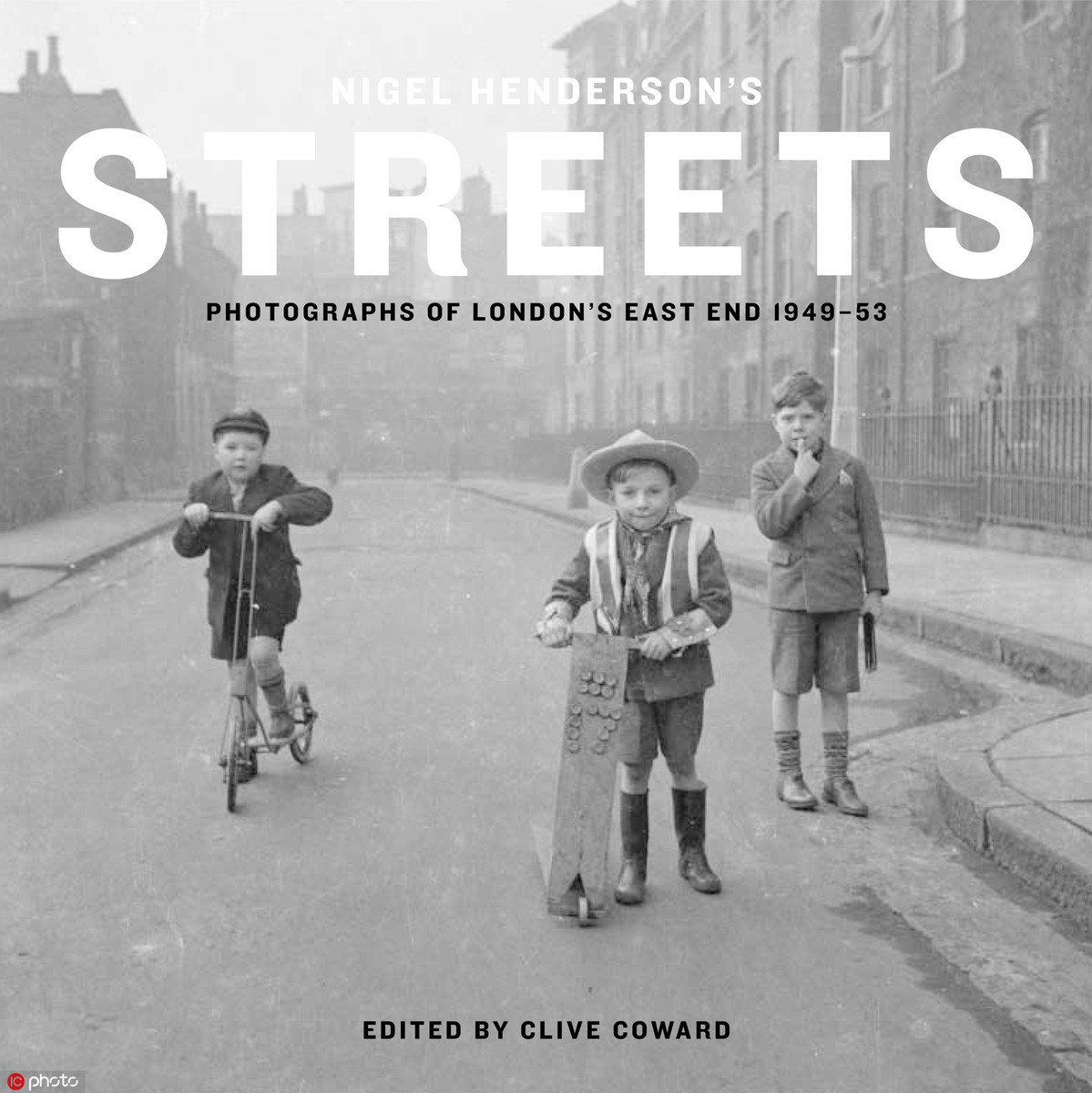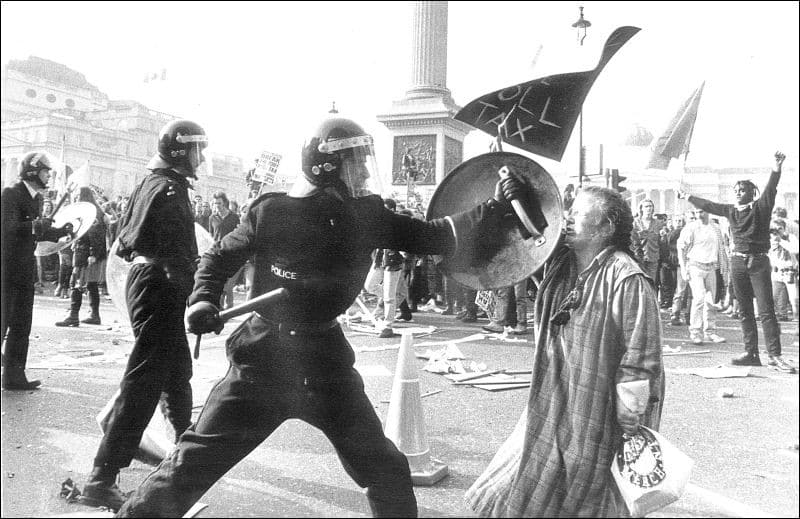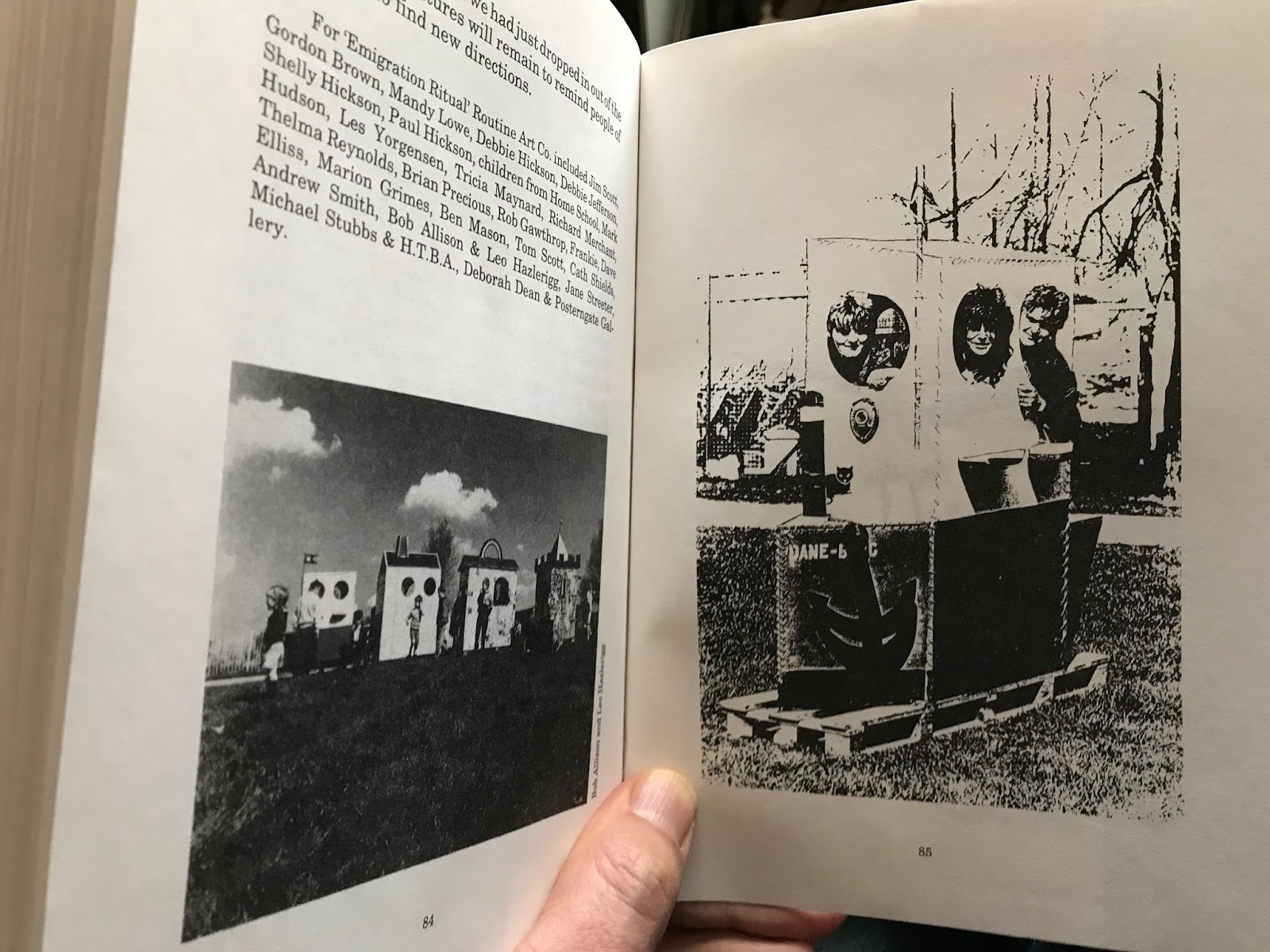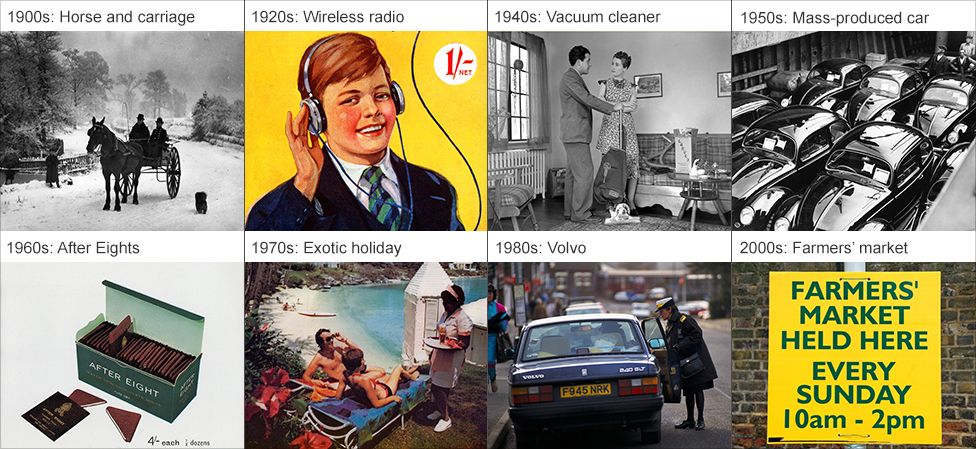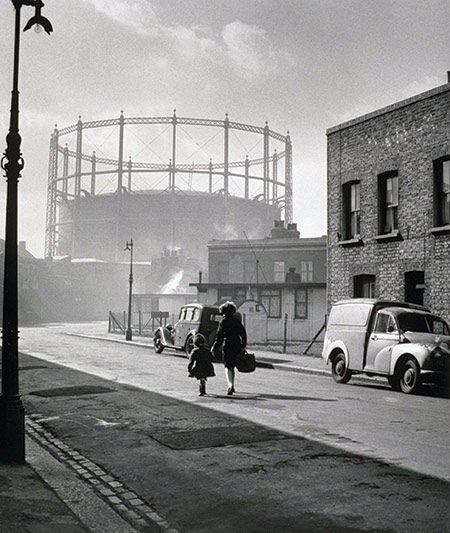
The Populist Turn - Visions of the People: Industrial England and the Question of Class, 1840–1914. By Patrick Joyce. New York: Cambridge University Press, 1991. Pp. 449. $49.50. - Currents of Radicalism:
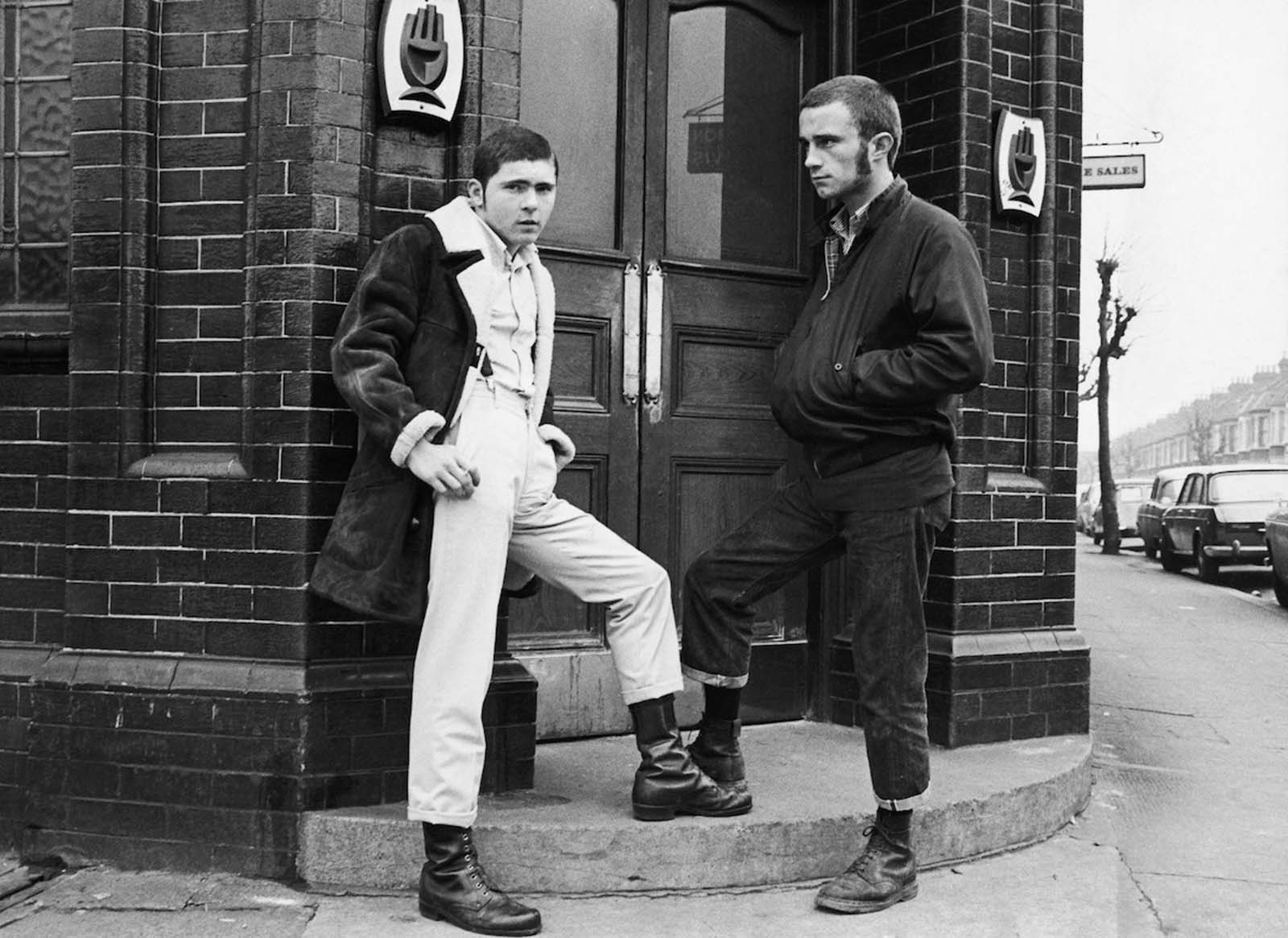
The original British Skinhead subculture in photographic portraits, 1970- 1990 - Rare Historical Photos
The Politics of Pleasure: The Left, Class Culture, and Leisure in England, 1918-1960 - Richard Weight, 1994
Book Reviews Geoffrey G. Field Peter Stead, Film and the Working Class: The Feature Film in British and social problem films and
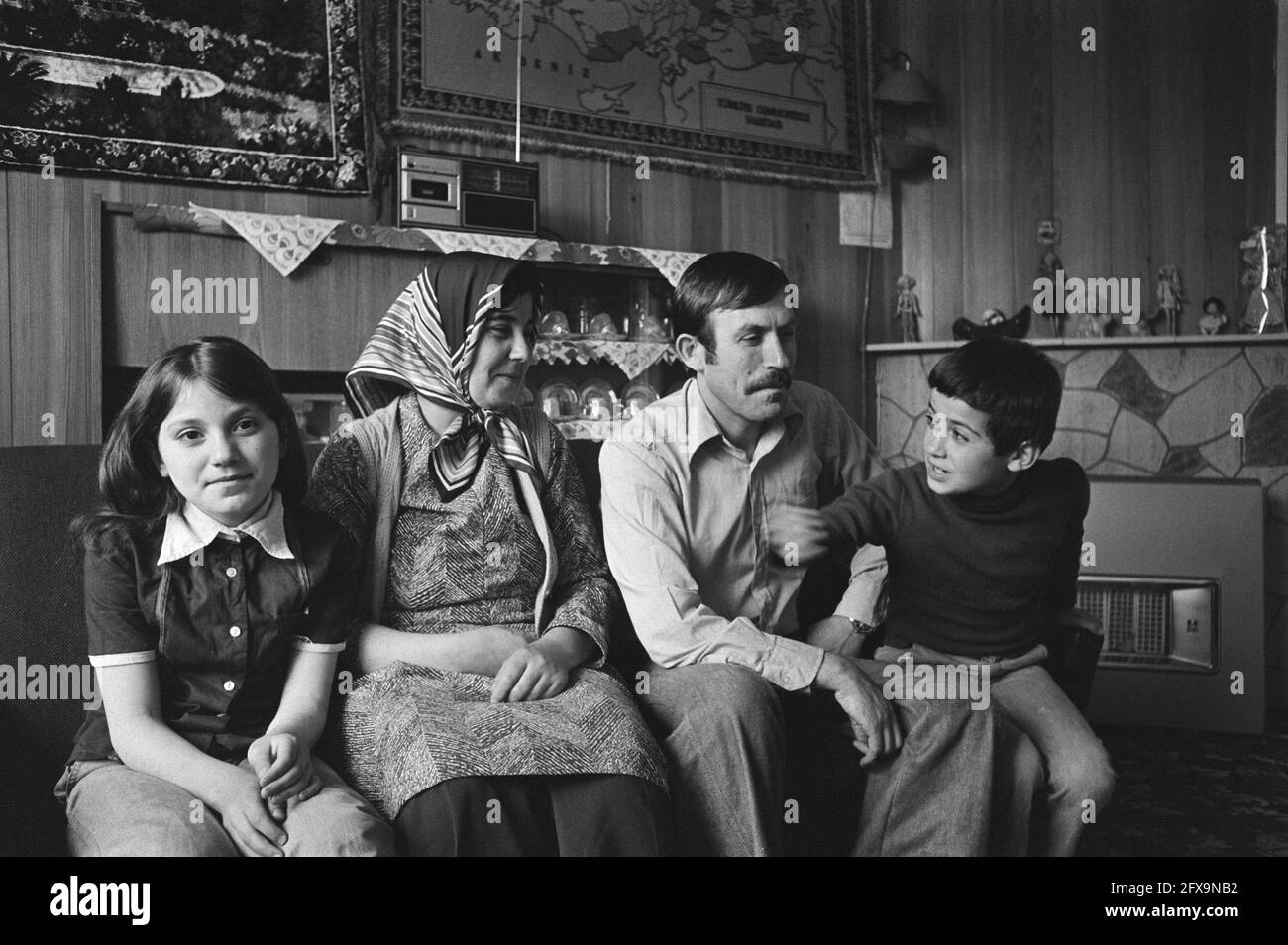
Foreign couple, assignment Ministry of Education, Culture and Science, May 22, 1978, couples, The Netherlands, 20th century press agency photo, news to remember, documentary, historic photography 1945-1990, visual stories, human history of

I've been working like a dog: revisiting a 1960s study of the working class | University of Cambridge

DOC) The Analysis of British Subcultures in the works of Dick Hebdige, Phil Cohen, and Paul Willis | Raisa Sehovic - Academia.edu



